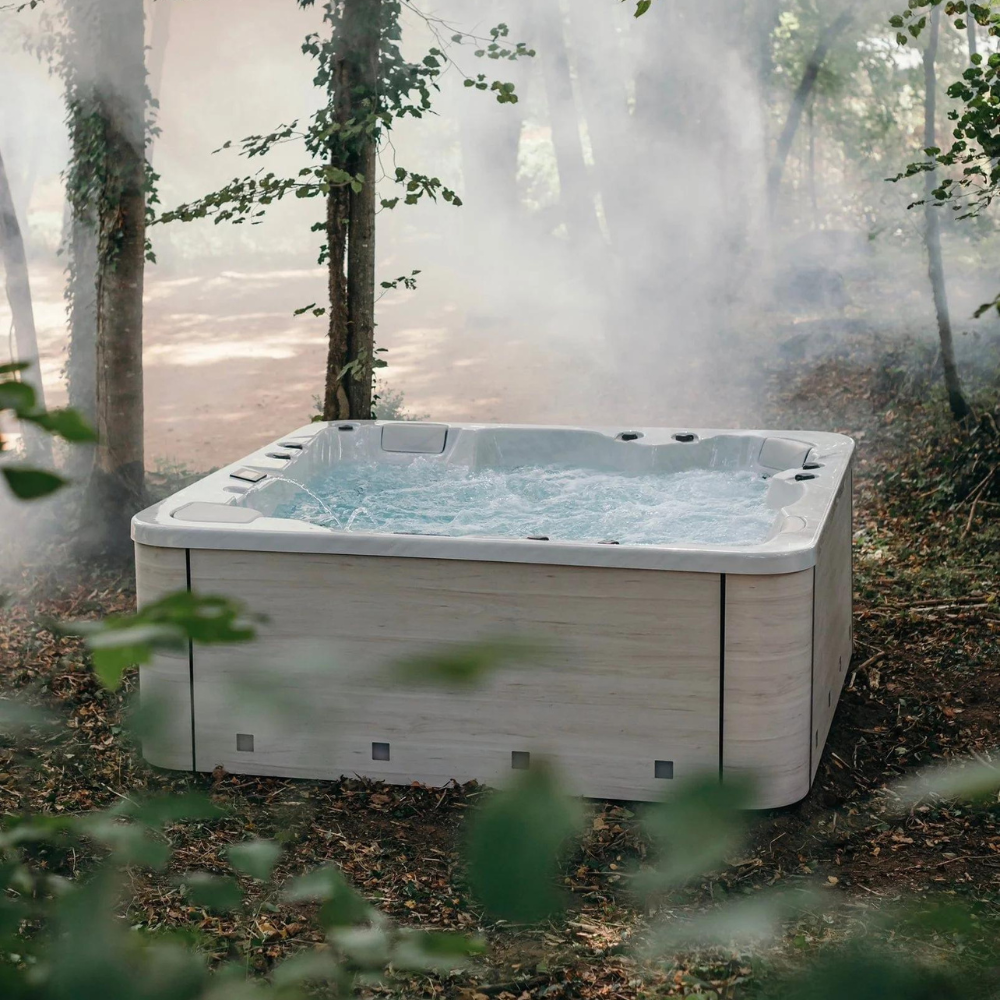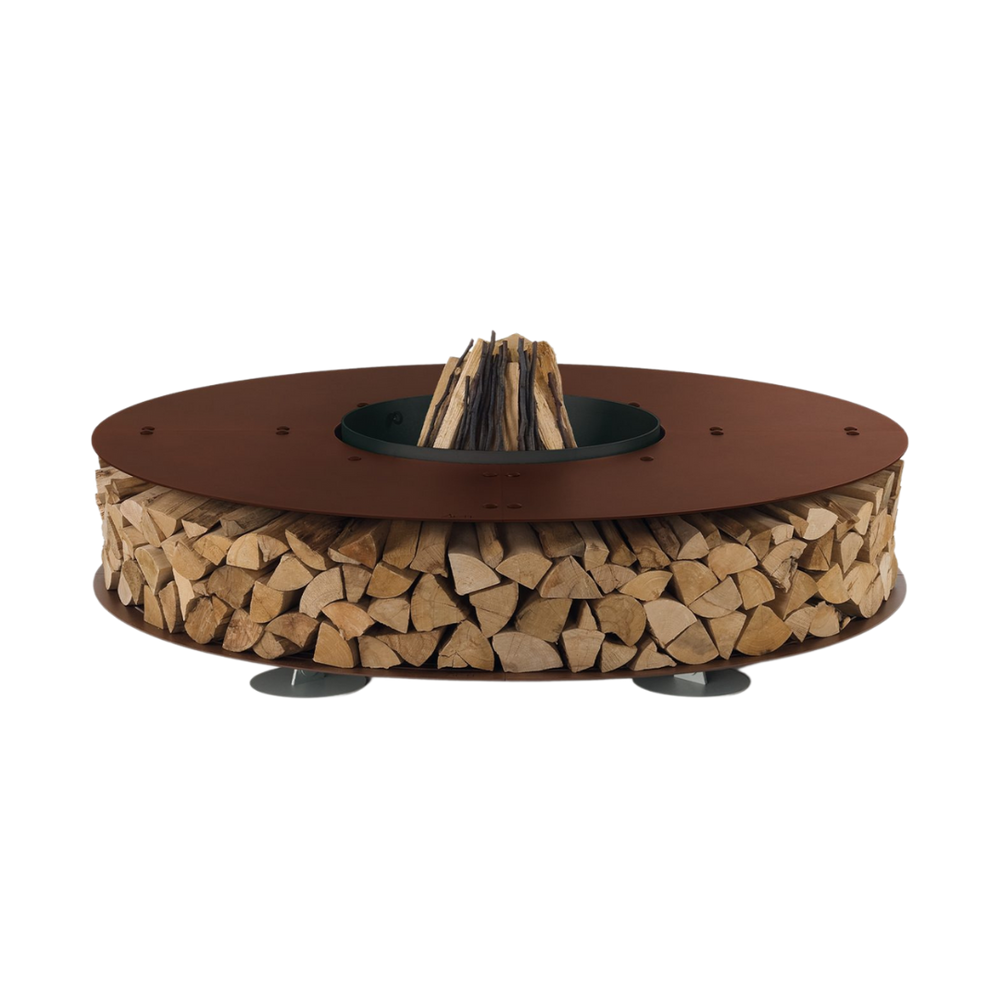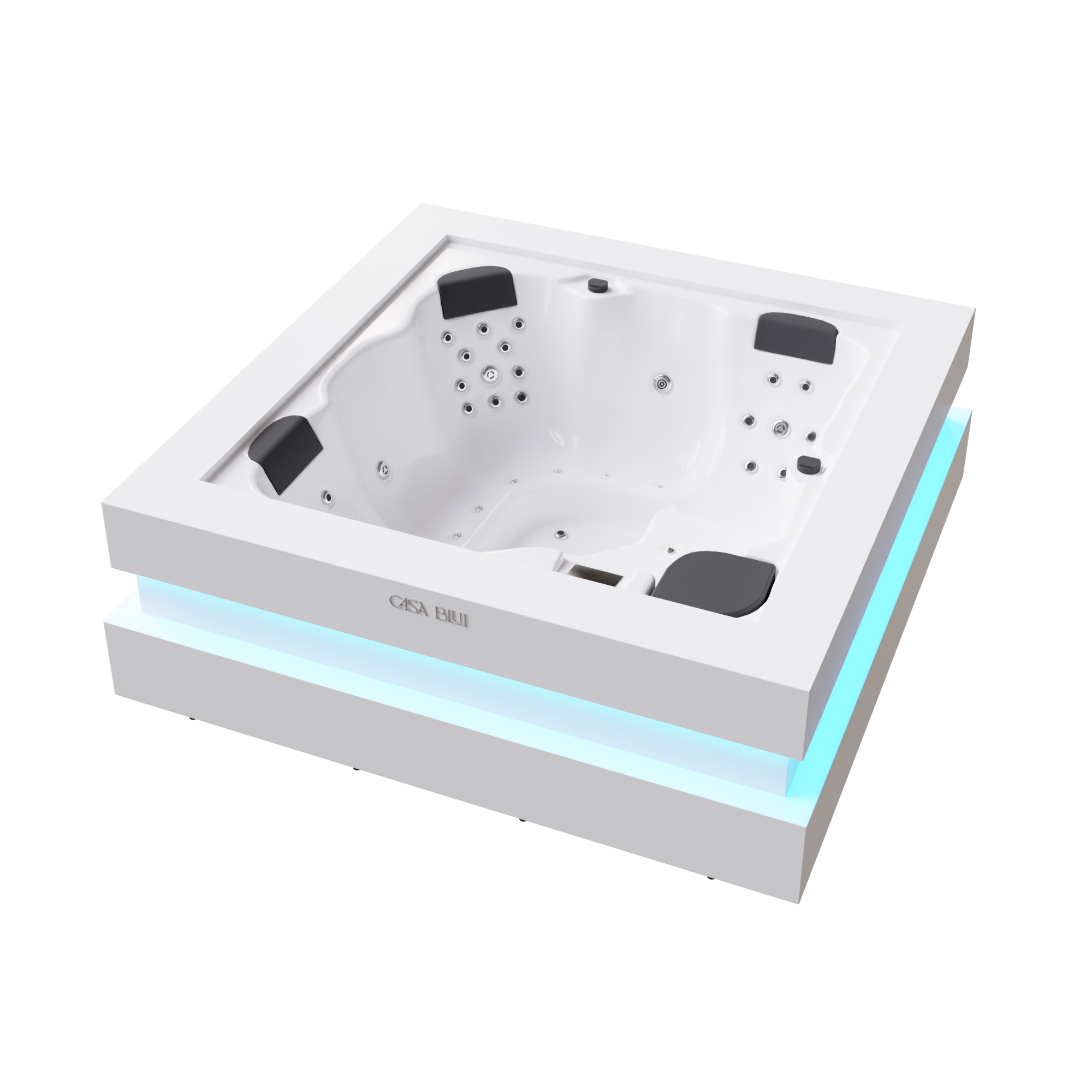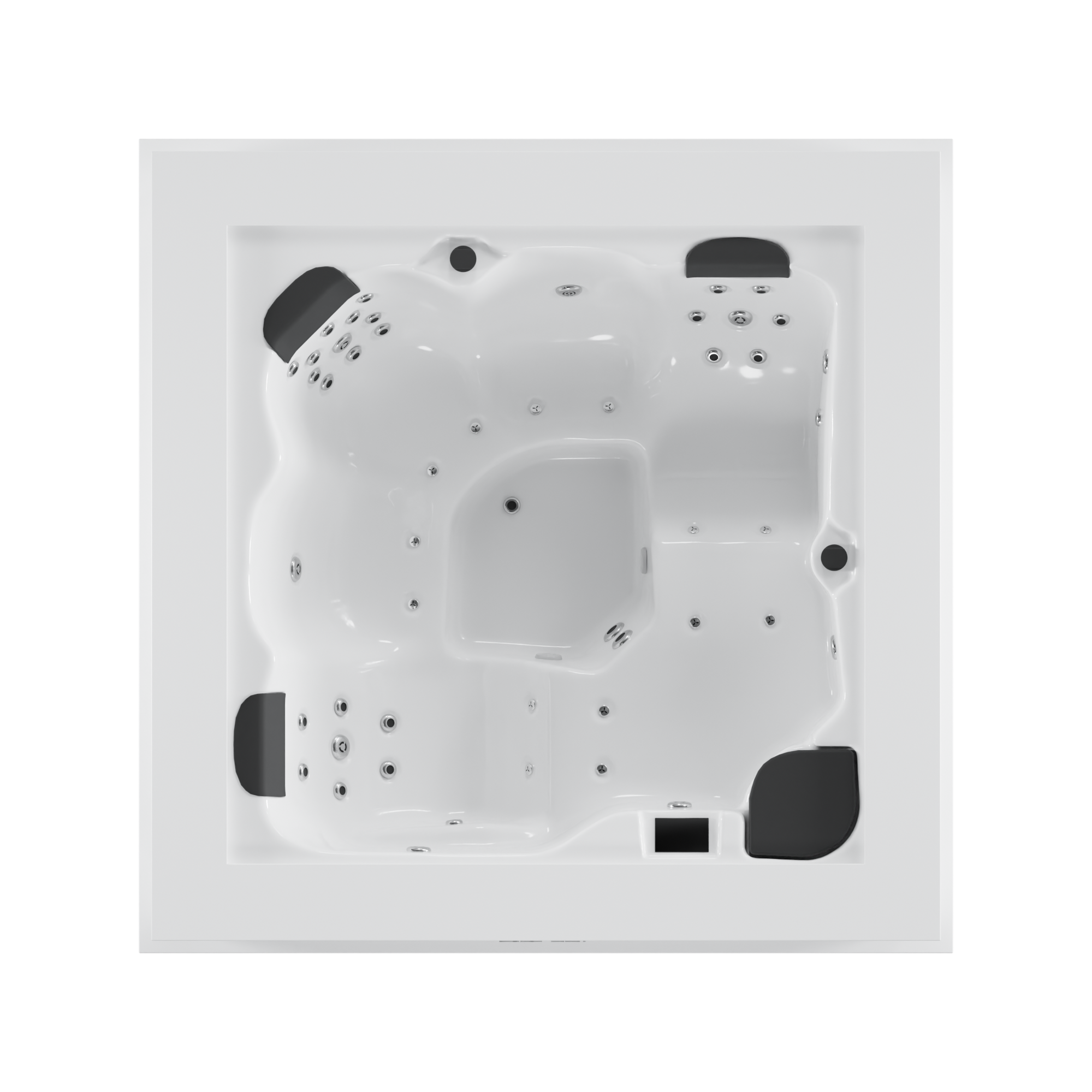Casa Blui Blog
The Most Important Things to Consider Before Buying a Hot Tub
By andrei newman

When selecting the perfect luxury hot tub, there's much more to consider than just how it looks. Every aspect is crucial, from the physical dimensions to the weight, material, and insulation. We're here to guide you through the essential factors that can make or break your hot tub experience.
Understanding Price Ranges & Value
When purchasing a hot tub, please focus on the value of its features, size, and material. Hot tubs can range from two-person units to extravagant multi-seater models. Seasonal usage considerations and insulation could impact your energy bills, especially during colder months. Some water treatment and filtration systems are less energy-intensive and easier to maintain—significant factors to consider when recalculating the total value.
Investing in Quality for Long-Term Savings
Higher initial costs can mean spending less money in the long run due to reduced maintenance costs, energy efficiency, and a longer lifespan. For instance, a slightly more expensive hot tub made of high-quality, durable materials like fiberglass may need fewer repairs. Consider the warranty and service plans of your spa purchase. Ideally, your spa should have a comprehensive warranty since a one to 20-year span can cover multiple replacements of significant components.
Choosing the Right Size & Seating Capacity
From personal space to energy efficiency, size matters in hot tubs. Identify the perfect balance between your lifestyle demands and your installation space's limitations. For example, more than a two—or three-person hot tub may be required if you plan regular soak sessions with family or friends. To determine the perfect fit, accurately measure your installation space and allow room for features and accessories.
Ergonomics & Comfort in Design
Although hot tub lengths and widths vary, designs with lounge seats can accommodate taller and shorter users. Consider the seating style and placement, as the number of seats will impact everyone's comfort and the spa's spaciousness.
Energy Efficiency
Modern hot tubs can add $50/month to your electric bill, but energy-efficient spa models can reduce this to $10-$20/month. Keeping the hot tub heated is more energy-efficient than heating it each time. Prioritize energy-efficient models to save on long-term heating bills and use effective insulation. The proper insulation can significantly improve a spa's energy efficiency, with certain types outperforming typical foam-filled hot tubs by about 12%.
Maintenance Requirements
Regular cleaning, chemical treatments, and professional servicing will be necessary to keep your hot tub in good condition. A well-maintained hot tub can last up to 20 years. Efficient filtration systems can drastically reduce the frequency of draining and refilling, contributing to energy efficiency and reducing your spa's maintenance time and costs.
Hot Tub Covers
Don't think that just any hot tub cover will do. A high-quality cover protects your spa, reduces heat loss, and minimizes energy costs. Covers typically need replacement every three to five years. Ensure your hot tub purchase includes a durable cover or budget for a high-quality one separately.
Jets & Customization
Water jets offer focused pressure while relaxing in your home sap, and you can consider different customization options based on your preferences. Adjustable jets can target specific body areas like the neck, shoulders, and back for therapeutic benefits.
Health Benefits of Hot Tubs
Hot tubs can offer significant health advantages, including stress relief, muscle relaxation, improved sleep, cardiovascular health, and pain relief. These benefits are an essential consideration for many buyers. Investing in a hot tub is a luxury and a valuable addition to your overall well-being.
Electrical & Plumbing Considerations
Addressing the electrical requirements for spas upfront helps you avoid unexpected problems later. It's essential to determine whether a hot tub needs to be hard-wired or can be plugged into an ordinary outlet. Hiring a professional for electrical work is best for prioritizing your safety and avoiding damaging your home.
Water Capacity
A four—to six-person hot tub may hold as many as 400 gallons of water. Water capacity impacts filling time, draining time, operational costs, and upkeep time, so consider that when determining which size to buy. Also, good water quality must be maintained through regular testing and maintenance.
Site Preparation & Installation Requirements
A well-prepared site is vital for setting up your tub and adequately managing your long-term maintenance costs. The weight of a hot tub significantly increases when it's filled with water, so choose a location that can handle that load. Choose between above-ground and in-ground tubs based on your local site conditions, building codes, regulations, and personal preferences. In regions with unpredictable weather, a hot tub gazebo can provide protection and enhance your privacy.
Additional Features & Accessories
Enhance your hot tub experience with accessories like massaging jets, entertainment systems (TV, Bluetooth speakers), stairs, and cover lifters. These features should align with your preferences and intended use, adding convenience and enjoyment. Lighting creates a soothing ambiance for nighttime sessions and is a safety feature. Energy-efficient LED lights provide ample options for creating a warm, inviting glow without inflating your power bills.
Evaluating the Durability & Warranty
Quality construction materials play a significant role in determining a hot tub's lifespan and durability. High-priced hot tubs typically use better-insulated, more efficient pump and heating systems, reducing long-term maintenance costs and increasing the spa's lifespan. Standard hot tub shell materials include vinyl, rotomolded plastic, or acrylic. The right choice largely depends on your personal preference. Still, ensuring the materials are high quality and designed for longevity is crucial.
Manufacturer & Dealer Support
A comprehensive warranty can offset future repair costs, making your hot tub purchase essential. Thoroughly understand your warranty coverage: Is it total or partial, and what does it include? A quality dealer's reputation and support are crucial when investing in a hot tub. You'll want ongoing installation support and an understanding of operational specifics down the line.
Frequently Asked Questions
What factors should be considered when choosing a hot tub?
Consider the dimensions of your available space, ventilation (if installing an indoor versus an outdoor hot tub), energy efficiency, capacity, and privacy needs. Evaluate material quality, durability, warranty coverage, and the need for a hot tub cover.
How important is the warranty when purchasing a hot tub?
The warranty is crucial as it offers protection against faults in manufacturing or design. Understanding warranty coverage, duration, and the support the manufacturer or dealer offers can save you future maintenance costs.
Why is the build quality of a hot tub important?
The build quality, including the construction materials and insulation, plays a significant role in a hot tub's durability and maintenance costs. Higher-quality materials ensure better heat retention, durability, and longevity.
What implications does the hot tub's water capacity have?
The hot tub's water capacity affects the time it takes to fill and drain, the number of people it can accommodate, and the costs associated with its water and heating bills.












